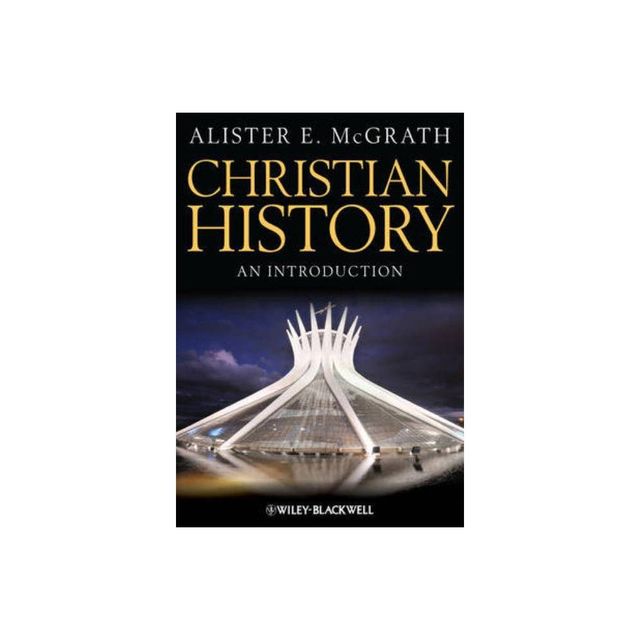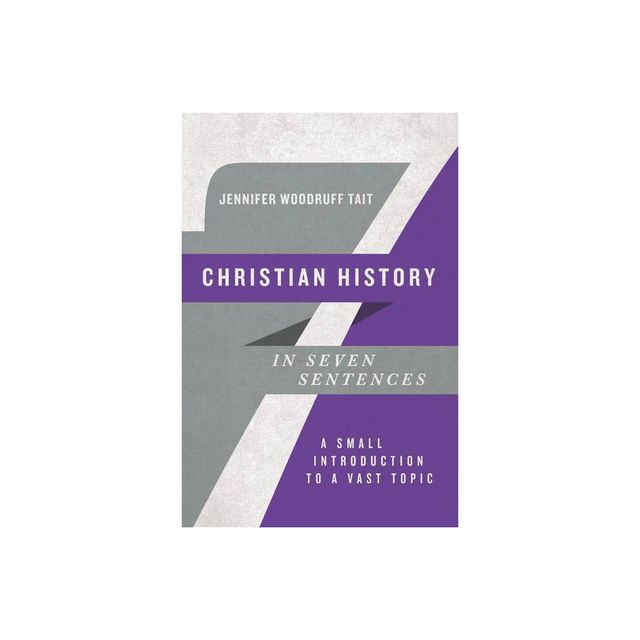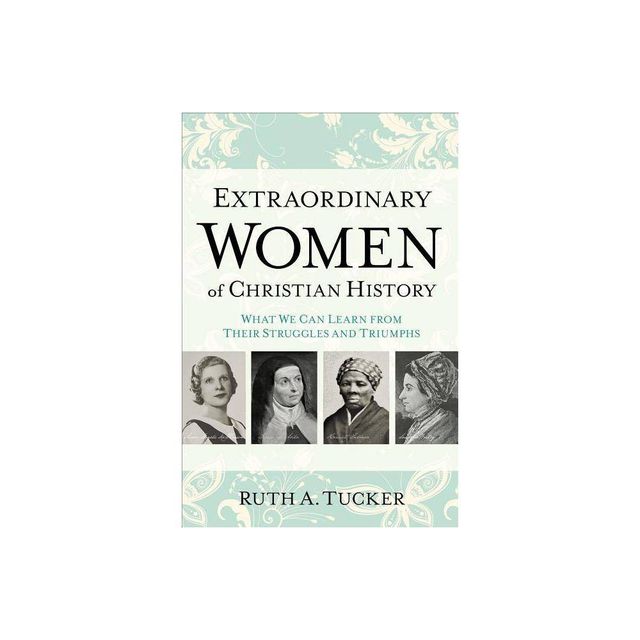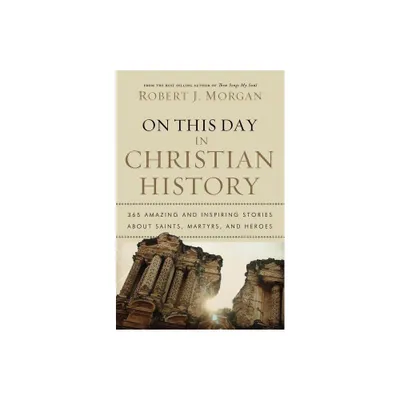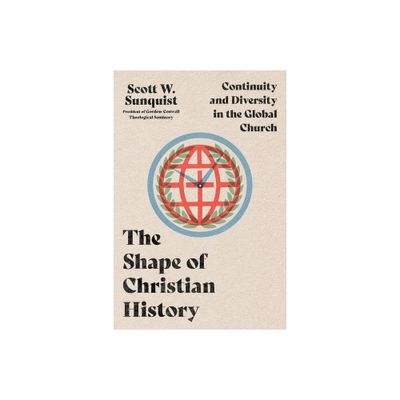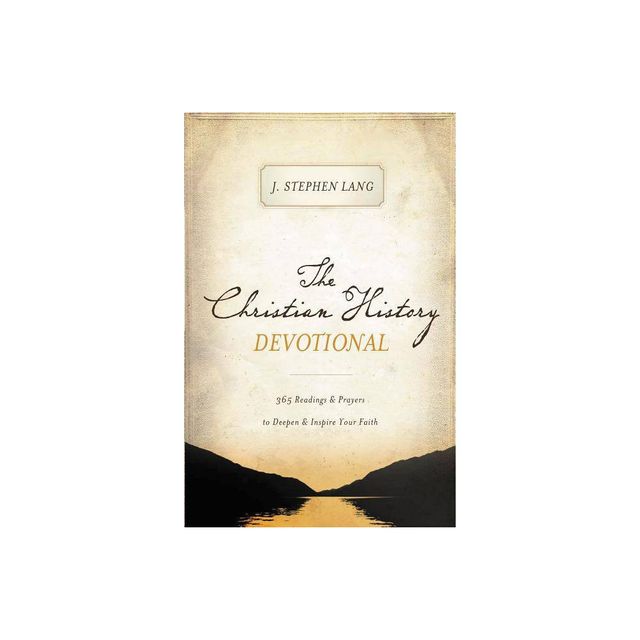Home
Probing the Past: An Introduction to Christian History
Loading Inventory...
Barnes and Noble
Probing the Past: An Introduction to Christian History
Current price: $19.99


Barnes and Noble
Probing the Past: An Introduction to Christian History
Current price: $19.99
Loading Inventory...
Size: OS
*Product Information may vary - to confirm product availability, pricing, and additional information please contact Barnes and Noble
Probing the Past
is the fifth volume in the series
Academic Introductions for Beginners
which has so far addressed Philosophy, Politics, Theology, and Psychology. The present volume probes into a series of fundamental questions regarding the formative unfolding of the creation order. Beginning with the question of how to properly characterize history, Ouweneel goes on to ask about the "meaning" of history; can we discern distinctive "patterns" or "epochs" in history; how should we understand God's "providence" in history; and finally how does "the Kingdom of God" relate to the empirical unfolding of what is commonly called "world history"?
"History is never just a recording of the mere facts, apart from the question whether such things exist in the first place. As I have explained in my Wisdom for Thinkers, facts are always facts-for-people; they are always contextually delineated. As far as we can ascertain, the Greek historian Thucydides (c. 460 - c. 395 BC) was the first, other than his somewhat older contemporary Herodotus (c. 484 - 425 BC), who attempted to limit himself to 'the facts.' However, both the choice and the representation of 'relevant' facts means that the historian has to develop some ideas, not only about the when, where, and how of history but also about the why."
- From the Introduction
is the fifth volume in the series
Academic Introductions for Beginners
which has so far addressed Philosophy, Politics, Theology, and Psychology. The present volume probes into a series of fundamental questions regarding the formative unfolding of the creation order. Beginning with the question of how to properly characterize history, Ouweneel goes on to ask about the "meaning" of history; can we discern distinctive "patterns" or "epochs" in history; how should we understand God's "providence" in history; and finally how does "the Kingdom of God" relate to the empirical unfolding of what is commonly called "world history"?
"History is never just a recording of the mere facts, apart from the question whether such things exist in the first place. As I have explained in my Wisdom for Thinkers, facts are always facts-for-people; they are always contextually delineated. As far as we can ascertain, the Greek historian Thucydides (c. 460 - c. 395 BC) was the first, other than his somewhat older contemporary Herodotus (c. 484 - 425 BC), who attempted to limit himself to 'the facts.' However, both the choice and the representation of 'relevant' facts means that the historian has to develop some ideas, not only about the when, where, and how of history but also about the why."
- From the Introduction
